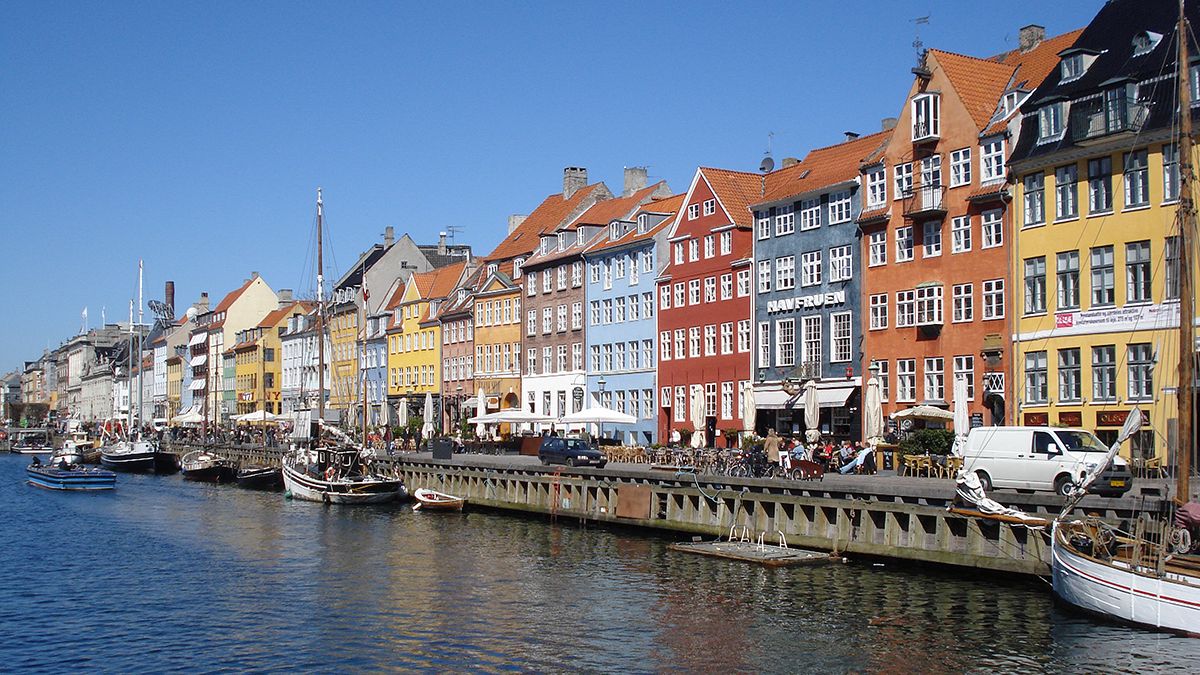Denmark’s Socialist People’s Party (SF) will leave the government, media reported on Thursday.
The resignation follows disagreement over a planned sale of a quarter of state-owned utility DONG Energy to a group of investors led by Goldman Sachs for an estimated eight billion Danish kroner (1.07 billion euros).
The Socialist People’s Party, a left-wing party, has been in a centre-left minority government made up of a coalition between the SF, the Social Democrats and the Danish Social Liberal Party since October 3, 2011.
For Danish journalist Anders Høeg Lammers the coalition government, stretched across the political spectrum, “has been implementing more or less the same economic policies as the former government (liberal-conservative) would have wanted. The Socialist Party has time and time again been ‘forced’ to vote for and implement policies that goes against the party’s core.” This has antagonised voters and MPs alike.
“With the government about to sell 19% of Dong’s shares to Goldman Sachs, enough was enough for some of the key party members of the Socialist Folks Party and they refused to vote for it,” Lammers told euronews by email. “As a consequence, their leader stepped down and took her party out of the government.”
"The selling of Dong is what broke the camel's back"
“The selling of Dong is what broke the camel’s back,” Lammers says. “During an extraordinary meeting on Wednesday night, key SF MPs stepped from their positions and SF ministers refused to answer whether the party should stay in government or not.”
Facing her party’s revolt, SF chairwoman Annette Vilhelmsen, who was until today the Minister for Integration and Social Affairs, stepped down “because she couldn’t gather the party behind her.”
“It’s a power game. In every way. I tried to gather the party and I don’t think that it’s a secret the Dong case has been very important – not only for the SF,” Vilhelmsen declared. She will, however, remain an MP.
Reshuffling in sight?
On January 29 around 2,500 demonstrators marched in the streets of Copenhagen against the partial DONG sale, the Copenhagen Post reports. An online petition against the sale gathered more than 196,145 signatures.
According to Reuters, the resignation does not necessarily mean the government, which also consists of the Social Liberal Party and Prime Minister Helle Thorning-Schmidt’s Social Democrats, will step down. Unconfirmed reports in Danish media say there will not be an election, but a government reshuffle.
“Denmark is almost always ruled by minority governments,” Lammers explains, “this one simply just got one party smaller.” The SF has 16 MP in the Folketing, the Danish national assembly, and had originally 6 ministers in the coalition. It was the first government the SF has been a part of since its inception in 1959.
Credit photo CC BY Flickr/Jamesz_flickr


